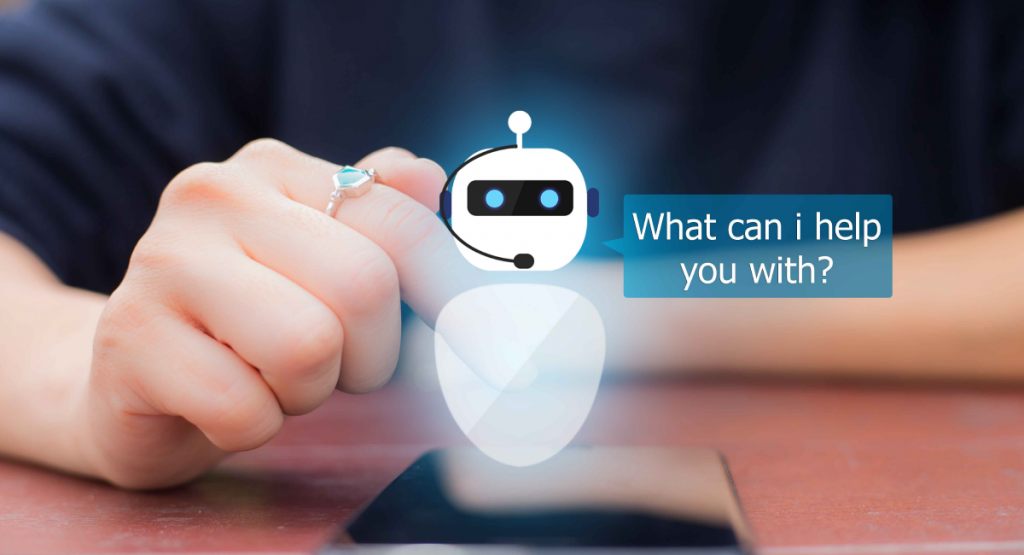What Makes an AI Chatbot Truly “Smart”?
23 Apr, 2025

You’ve probably chatted with a bot before — maybe to reset a password, schedule a demo, or get help on a shopping site. Some chats feel smooth and surprisingly human. Others leave you pounding your keyboard in frustration.
So what separates a “smart” AI chatbot from a bad one? It’s not just a better script. It’s about how well the bot understands context, learns over time, and feels like it genuinely wants to help.
What People Expect vs. What They Get
Users don’t want to guess which words will get the right answer. They want to type naturally and get a relevant, accurate response quickly. That’s where natural language processing (NLP) comes in.
NLP allows chatbots to understand human language — including slang, typos, and different sentence structures. A smart bot won’t freak out if you say, “Hey, I need help with my last order — it never came.” It gets the gist and responds appropriately.
The Learning Part: Machine Learning in Action
What makes a bot get smarter with every interaction? Machine learning. It enables the bot to learn from past conversations — what worked, what didn’t, where users dropped off, and what they asked next.
Over time, this learning helps refine its responses, anticipate questions, and even escalate complex issues to human agents seamlessly.
Context Is Everything
A smart chatbot remembers who you are and what you’ve done. It knows if you’ve already asked about a product. It can follow up without making you repeat everything — the virtual equivalent of good customer service.
This context-awareness isn’t just a nice-to-have. It’s what separates smart AI chatbots from glorified FAQs.
Tone, Empathy, and Human-Like Flow
An intelligent chatbot doesn’t just parrot information. It uses a tone that aligns with your brand, offers polite suggestions, and adapts its responses depending on user emotion.
No one wants a robotic “I’m sorry for the inconvenience” if they’re clearly angry. A smarter bot might say, “That sounds frustrating — let me make this right.”
Real-Time Integration with Systems
The best bots aren’t operating in a silo. They’re connected to your CRM, inventory system, and
support ticketing tools. This allows them to offer real-time updates: “Your order is being packed and will ship in 2 hours.”
They can do things — not just talk. Booking appointments, initiating refunds, updating user info — all automated.
Why This Matters for Businesses
Smart AI chatbots reduce operational costs, increase conversion rates, and improve customer satisfaction. But more importantly, they give people the kind of help they want — fast, respectful, and humanized.
With 24/7 support now an expectation, businesses that deploy truly intelligent bots win both in efficiency and brand loyalty.
Final Thought: A Script Might Start the Conversation, But Intelligence Keeps It Going
A chatbot without real intelligence is just a glorified decision tree. It frustrates users, adds to churn, and damages trust.
But an AI chatbot that understands context, adapts tone, and learns from every chat? That’s the kind of digital experience people remember — and return to.




.jpg)